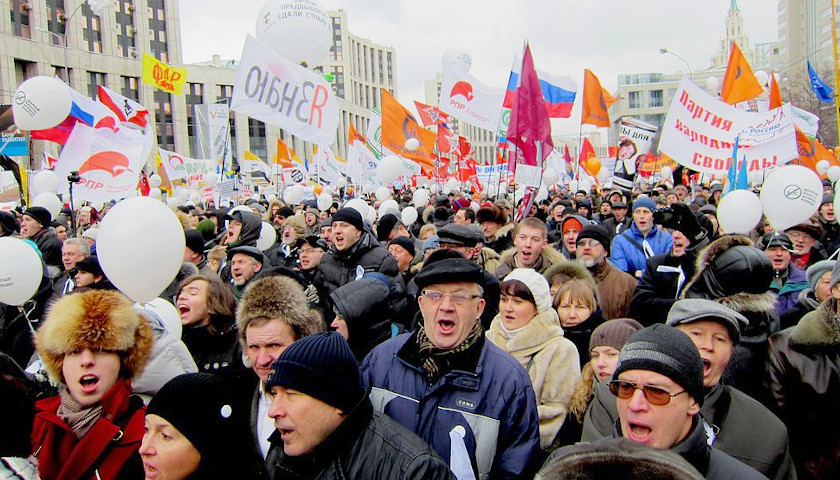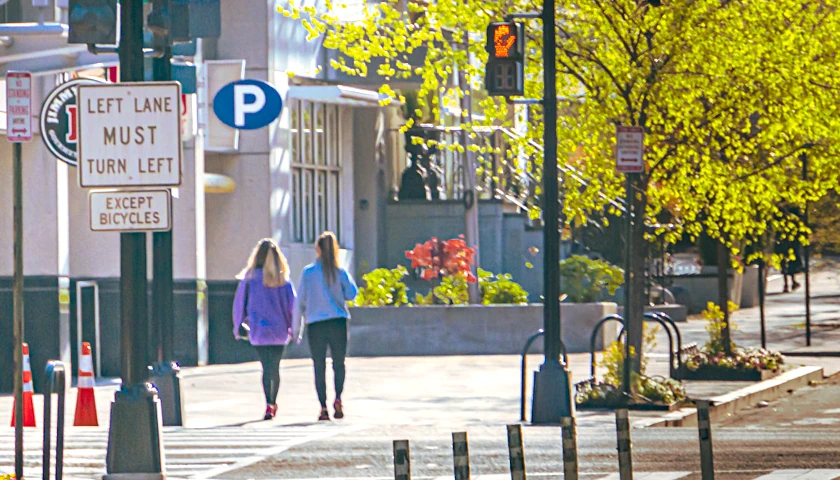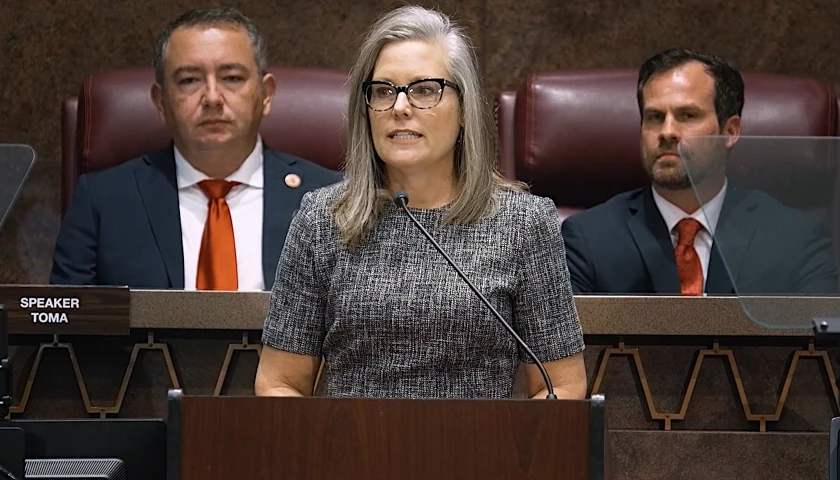by Lee Trepanier
With Russia’s invasion of Ukraine now in its third month, the demonization of all things Russian continues in the West. Russian athletes are prohibited from participating in sporting events, Russian artists prevented from performing, and an Italian university even “postponed” a course on Dostoevsky. As Tal Fortgang observes, “cancel culture is directed not at Russia the violent invader, but at people who have been made into avatars for Russianism.”
Fortunately, a pushback against this cancellation has begun. Gary Saul Morson distinguishes between “Putin’s Russia” and “Pushkin’s Russia”; David Thomas explains why Russian classical musicians should be permitted to perform; and Sohrab Ahmari spells out his “favorite things” about Russian culture. Considering the pros and cons of cancelling Russian culture, Tim Brinkhof wonders whether it makes sense for the West to treat ordinary Russians the same way it treats Vladimir Putin and his collaborators.
It’s important to note that since the Ukraine invasion, ordinary Russians really have been “cancelled.” The Russian state has blocked access to Facebook and major foreign outlets. It has enacted a law that punishes anyone spreading “false information” about Russia’s invasion of Ukraine with up to 15 years in prison. An estimated 300,000 Russians who have the means, connections, and employable skills have fled. The West has sanctioned Putin and the Russian elite, but ordinary people have suffered the most.
This should come as no surprise for those who admire Russian culture. The theme of suffering is suffused throughout the lives and works of the nation’s artists. Dostoevsky frequently deploys identical stories of horrific suffering in his writings. A man who brutally murders two women in “The Idiot” is a central character in “Crime and Punishment.” In “The Death of Ivan Illich,” Tolstoy dissects the excruciating pain Ivan undergoes in the months before his death. And in “The Gulag Archipelago,” Solzhenitsyn depicts the system of forced labor camps with its cruelty, inhumanity, and injustice that existed in the Soviet Union.
In her poem “Requiem,” Anna Akhmatova muses about the suffering of ordinary Russians under Stalin’s Great Purge:
Seventeen months I’ve pleaded
for you to come home.
Flung myself at the hangman’s feet.
My terror, oh my son.
And I can’t understand.
Now all’s eternal confusion.
Who’s beast, and who’s man?
How long till execution?
As the poet Osip Mandelstam put it, “Poetry is respected only in this country – people are killed for it.”
Or certainly punished, imprisoned, and deported. Pushkin was banished to his estate, Dostoevsky subjected to a mock execution, Tolstoy excommunicated, Akhmatova’s son exiled to Siberia, and Solzhenitsyn stripped of his citizenship and expelled from the Soviet Union. And these were the writers who wanted to stay in Russia.
In his book “Natasha’s Dance,” Orlando Figes writes that Russian artists “took it upon themselves to create a national community of values and ideas through literature and art.” Unlike Western artist’s experience of material comfort and popular culture, Russian artists experience a depth of suffering about which their western counterparts can only virtue-signal. Such suffering makes the stakes of living – and the conveyance of living – invaluable and irreplaceable. Such an experience makes art not just a commodity but a search for existential meaning.
For the best Russian artists, the experience of suffering has rooted their works in anti-utopianism and skepticism of ideology. Their art punctures the balloon that promises paradise or easy living. Whether physical, psychological, or spiritual, suffering transpires in the concrete reality of the body, the family, or the church; suffering renders abstract political rhetoric eccentric at best, murderous at worst.
For Dostoevsky, suffering could only be alleviated – never abolished – by Christian love, in the constant and selfless love between people. Rather than politics – the source of much suffering in Russian history – it is Russian culture, rooted in suffering, where the enduring values of love, friendship, and faith are illuminated. It is these values that create a lasting national community of “higher meaning,” as Solzhenitsyn describes it.
For most of the nation’s history, it has been the Russian artist who has known and portrayed the suffering of ordinary Russians. Cancelling these artists would only deprive ordinary Russians of a voice to express their suffering. While some in the West wish to cancel Russian culture to show their support for Ukraine and antipathy for Putin, it would be wise for us to contemplate the lives of ordinary Russians and those who speak for them. Let us not confuse these two things.
– – –
Lee Trepanier is Professor of Political Science at Samford University in Birmingham, Alabama, and a Jack Miller Center faculty partner.
Photo “Russian Citizens” by Bogomolov.PL. CC BY-SA 3.0.








